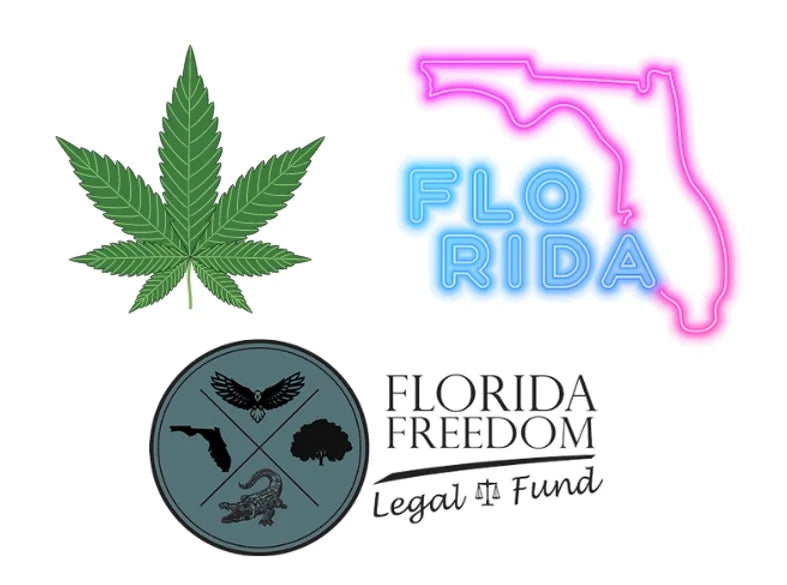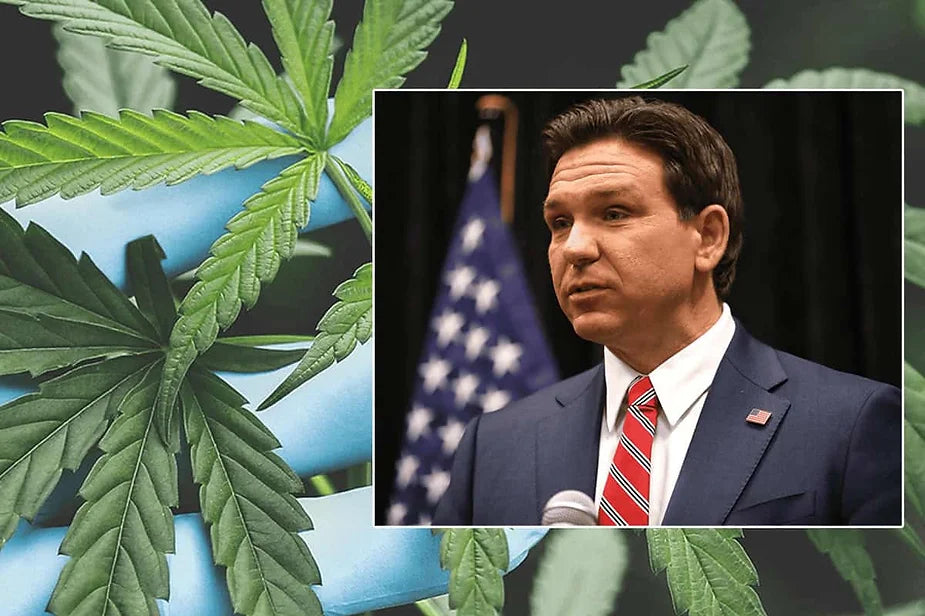
Known for its breathtaking geography, robust economy, excessively high taxes, and far-left political mandates, California finds itself in a peculiar position regarding its substantial hemp industry.
While most states going after the young and burgeoning market sector tend to be on the right-leaning edge of the political spectrum, like Florida, South Carolina, and several other southern jurisdictions, California is supposed to be a haven for tolerance, progressive-minded policies, and a psychedelic-friendly electorate.
However, when it comes to the issue of how to handle the proliferation of intoxicating hemp derivates (IHDs), lawmakers in California are in lockstep with their predominantly Republican counterparts, especially when devising legislative solutions to address IHDs.
As first reported by MjBizDaily, this past May, the California Assembly passed AB 2223, introduced by Assembly Majority Leader Cecilia Aguiar-Curry, to help integrate marijuana and hemp producers in an attempt to establish regulations to monitor the efficacy and safety of hemp products cultivated and manufactured in the state.
The measure builds on a foundational piece of legislation from 2021, AB 45, which allowed hemp-derived CBD to be used in food, beverages, and other products while temporarily banning smokable and inhalable products and adding more testing requirements for hemp-based items.
However, Aguiar-Curry's bill would go much further in restricting the manufacture and sale of IHDs like delta-8 THC. Coming on the heels of Gov. Gavin Newsom's directive to the California Departments of Public Health (CDPH) and Alcoholic Beverage Control to issue recalls and warnings about intoxicating hemp products in April, AB 2223's primary purpose is to eliminate all IHDs in California.
"I've introduced AB 2223 to protect public health by greatly enhancing the tools available to state and local health and law-enforcement officials to stop the sale of (intoxicating hemp) products. We must act this year to enhance the restrictions under AB 45 so we can adapt to this constantly evolving illegal market," Aguiar-Curry said in a statement.
"I've introduced AB 2223 to protect public health by greatly enhancing the tools available to state and local health and law-enforcement officials to stop the sale of (intoxicating hemp) products. We must act this year to enhance the restrictions under AB 45 so we can adapt to this constantly evolving illegal market."
- California Assembly Majority Leader Cecilia Aguiar-Curry
Under the measure:
-
Licensed cannabis operators could manufacture, process, distribute, and sell regulated products that contain industrial hemp or hemp-derived cannabinoids, extracts, or derivatives, which would be tracked through the state's compliance system in the same way marijuana products are.
-
Synthetic cannabinoids where the molecular structure of the cannabinoid has been changed would not be permitted to be sold, even by licensed cannabis companies.
-
Hemp can't contain more than 0.3% THC or a "comparable cannabinoid," such as delta-8 or delta-10 THC.
-
Final products containing hemp can't contain more than 1 milligram of THC, and each serving per package can't exceed 0.25 milligrams.
Aguiar-Curry concluded, saying, "The bottom line is that if it gets you high, it should not be sold outside a dispensary. Period."
"The bottom line is that if it gets you high, it should not be sold outside a dispensary. Period."
- California Assembly Majority Leader Cecilia Aguiar-Curry
Not surprisingly, the legislation is supported by the United Food and Commercial Workers Labor Union, which represents state cannabis workers, and the California Cannabis Industry Association (CCIA).
"Cannabis products are excessively regulated and overtaxed, while intoxicating hemp products remain under-regulated and subject to no special taxes. AB 2223 presents an opportunity to reimagine a legal and regulatory framework for cannabinoids in California and beyond," CCIA President Caren Woodson said in a statement.
"Cannabis products are excessively regulated and overtaxed, while intoxicating hemp products remain under-regulated and subject to no special taxes. AB 2223 presents an opportunity to reimagine a legal and regulatory framework for cannabinoids in California and beyond."
- CCIA President Caren Woodson
However, the approved bill is not without its critics. Like many other hemp stakeholders, Pamela Epstein, Chief Legal and Regulatory Officer for Terpene Belt Farms in Alameda County, which cultivates and processes hemp flower for terpenes on-site to preserve the aromatic compounds' most sensory qualities, is looking for a more balanced approach from state and federal officials.
"As a hemp operator looking for that clarity to expand into cannabinoids, we would want to see a dual-use allowance and a clear integration that allows us to put products into the regulated space," Epstein told MJBizDaily.
"As a hemp operator looking for that clarity to expand into cannabinoids, we would want to see a dual-use allowance and a clear integration that allows us to put products into the regulated space."
- Pamela Epstein, Chief Legal and Regulatory Officer for Terpene Belt Farms
Others have expressed frustration with the measure's extremely low THC limit on hemp and final products, contending that it could eliminate "full-spectrum" hemp-derived CBD products, which would negatively impact thousands of medical consumers reliant on those hemp-derived items.
The most disappointing aspect of the bill is its lack of flexibility regarding preserving the state's already substantial hemp industry. No reputable hemp producers, manufacturers, or retailers are looking to conduct business free of taxation, regulation, or accountability.
However, as with most other legislation aimed at addressing the nation's $28 billion hemp market sector, California's approach appears to be one of abolition over a more practical and amenable compromise. In the end, hemp businesses will simply flee the punitive restrictions for a more welcoming and hemp-friendly locale, sending money and resources out of California and into the coffers of a more open and agreeable destination.


































